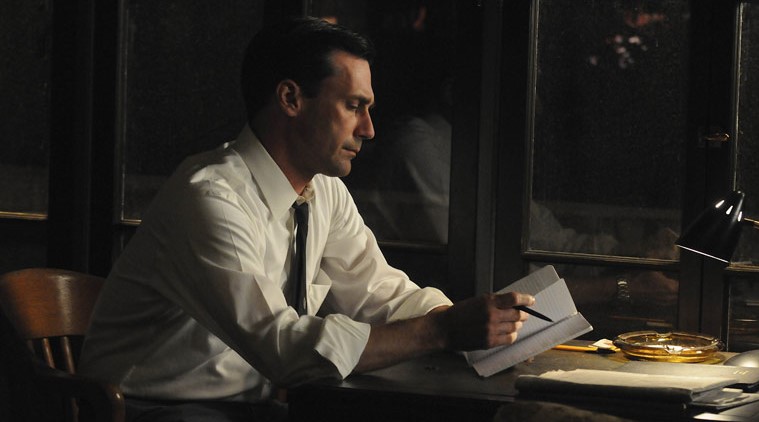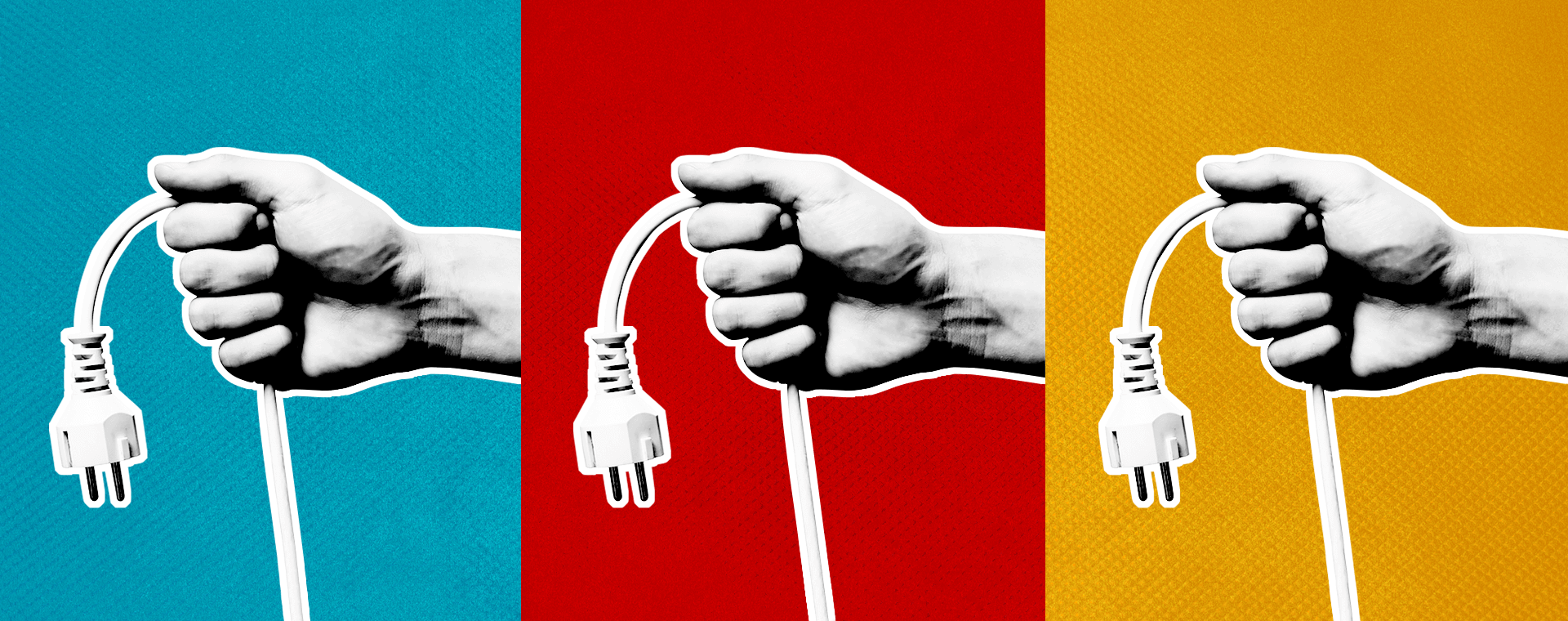Stagnant minds are born out of the 60-hour work week
By: Trish Gray
March 8, 2017 | Reading Time: 2 mins
Fluorescent lights, long meetings, computer monitors, and the same faces day-in-day-out for 50+ hours a week; that fosters creativity, right?
I disagree. Wholeheartedly. Sorry work fam, I dig you, but when I’m not at work, I’m recharging to be my best at work. I’m busy getting inspired. I’m busy living life. The cool thing? I know my work fam is too.
[/intro]
We’re firm believers in coming into work, kicking ass, and living life. After a 44-hour workweek, the law of diminishing returns kicks in. Sure, I’m working, but am I contributing in a meaningful way? Probably not. Anecdotes aside, this is a scientific fact. When we’re fatigued and stressed, MRI scans show that our brains look exactly the same as when they’re asleep.
Plus, when our minds are always in work mode, we stagnate creativity. We need to be free to be inspired. Perhaps that’s why some of our best ideas come when we are tuckered out in bed. And why Don Draper slept with a notebook next to his bed (sorry Betty).

Aside from stress and overwork, for most creatives, living life is where we find our creative energy. It’s when we’re travelling, making our favourite meal, chowing down said meal, spending time with family, or reading a book that isn’t about work. You know… real life. That’s where we get inspired.
We’re not the only ones who are pro-living-life. Progressive leaders are taking note. At Adobe the office shuts down twice during the year—one week in July and one week in December. Airbnb practices what they preach—travel often, travel globally, and travel together. That’s why every employee is given $2,000 per year to travel anywhere in the world. And start-up success BambooHR has a strict 40-hour workweek – come in for eight hours of super-focused work time, and then go home. It’s that simple.
The perks for employees are obvious, but why should the C-suite care? The data is clear. When work-life balance is a priority, productivity increases. In a recent study, the Corporate Executive Board, which represents 80% of the Fortune 500 companies, found that employees who believe that they have good work-life balance work 21% harder. Add that to the list of benefits including decreasing health expenditures, increasing employee retention, and increasing employee engagement.
So get out there, live your life. Your career (or employees) will thank you.








